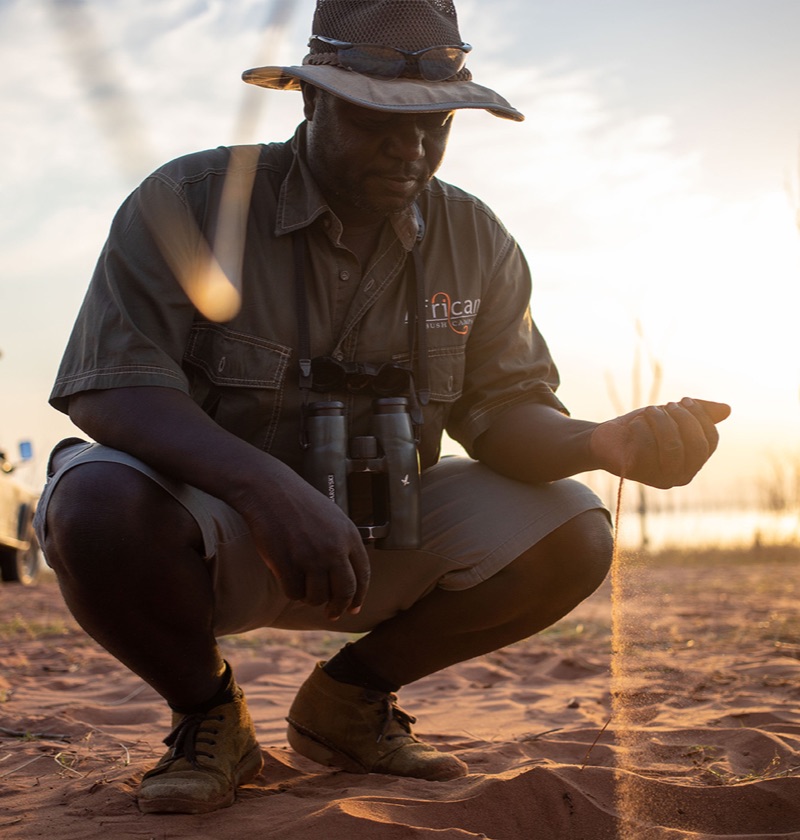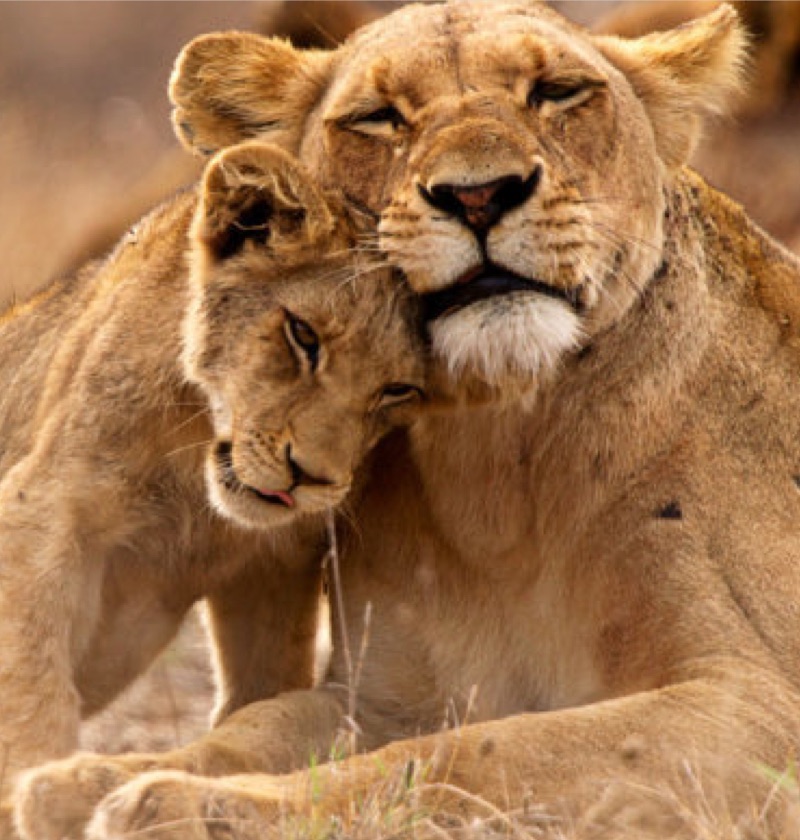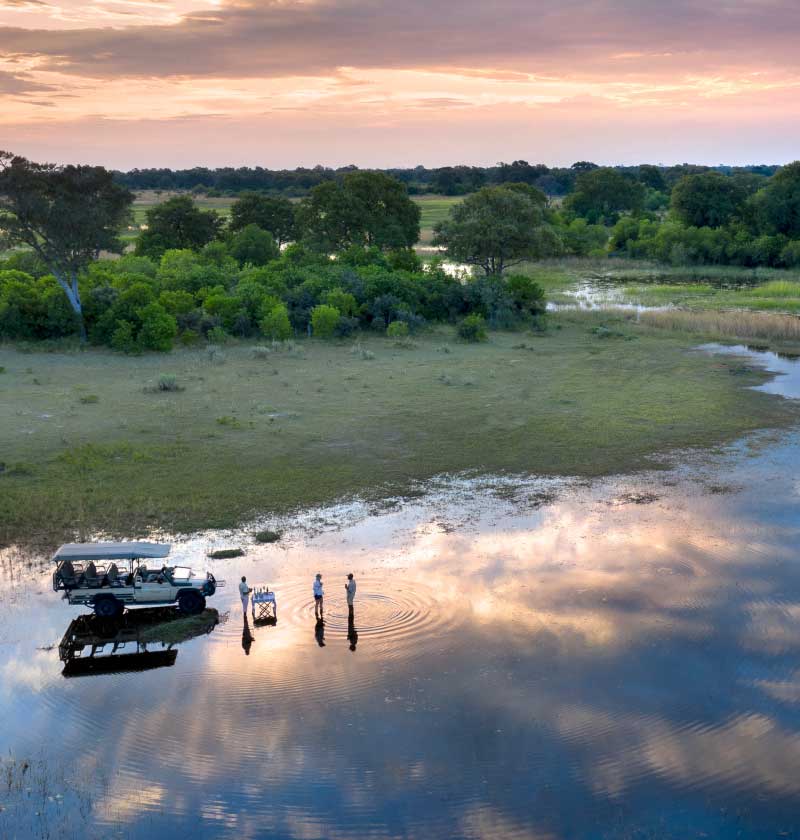I’m sure you’ve heard of the term “eco-travel” before. But what about “totem travel”? This new buzz word is becoming popular in 2023, and it refers to a type of travel where you focus on the story behind the destination including its history, cultures and heritage. Totem travel differs from other types of travel because it focuses on a deeper understanding of a destination or place you may be visiting.
What is Totemism?
Totemism is a belief system in which humans have a spiritual connection to a particular animal or other natural object, such as a plant or rock. In this belief system, the object, known as a totem, is considered to be the ancestor of a particular clan or tribe, and is often associated with spiritual powers or protective qualities

Totems are thought of as fictional or mythical but in African culture, they play an integral role in identity. Totems also known as mitupo/izibongo in Zimbabwe, have been used to classify various clans, family groups, and empires since ancient Africa till today. People from various counties and regions on the continent have different totems and some are even shared beyond borders, from the Shona language in Zimbabwe to Zulu in South Africa. Despite being in different areas, all of them are linked.
Totems are symbolic of the intertwined relationship between people, nature, and wildlife. The animal, plant, or element of nature represents one’s identity in relation to our environment and provides a guide for the various attributes we should embody that these animals or plants possess. People who share a totem consider themselves as a family even without direct blood relation, it’s the deeper meaning of standing for something beyond ourselves and highlighting the importance of interconnectedness.

The thought behind totems stretches far beyond identity and can also be seen as one of the earliest acts of conservation. The protection and preservation of our environment has always been a priority, by assigning totems to different people, the responsibility of taking care of those animals also falls onto them, as they must make a commitment to protect those animals and prevent them from harm. One would never hunt or kill their totem – therefore the ecosystem is protected and conserved.
Does Totemism Have Any Relation to Travel?
In relation to travel, totemism can be seen in certain indigenous cultures that have a strong connection to their land and the natural objects that inhabit it. For example,
Totemism is present in Nguni groups and many other tribes. For example, those who have names such as “Ngwena” which means crocodile, are assigned to the protection and habitat of crocodiles, the Nyathi’s protect the buffalo, and “Ndlovu” (our founder’s surname) which means “elephant”, is meant to protect the elephants. The Ellie is a favourite at ABC, hence our logo, and perhaps even explains the abundance of elephants at our camps, according to spiritual beliefs. It is said that one connects strongly to their totem when they are in the space that connects to their bloodline or feeling a sense of belonging and calm around the animal or force of nature.

It’s about living in coexistence with the environment, building a community and strong society. From Zimbabwe to South Africa and Uganda, this practice relates to kinship and represents Africa, as the origin of existence, the place that connects us all – in spite of the differences we may have.
These cultures may have specific rituals or ceremonies that involve traveling to specific locations in nature to honor or connect with their totems.
Additionally, some people who are interested in spiritual practices or self-discovery may seek out places where they can connect with their own personal totems through meditation or other forms of spiritual practice. This could involve traveling to places where certain animals or natural objects are found or are believed to have spiritual significance.
Overall, totemism can be related to travel in the sense that certain cultures and individuals may seek out specific locations in order to connect with the natural world and the spiritual power of the totems.


















